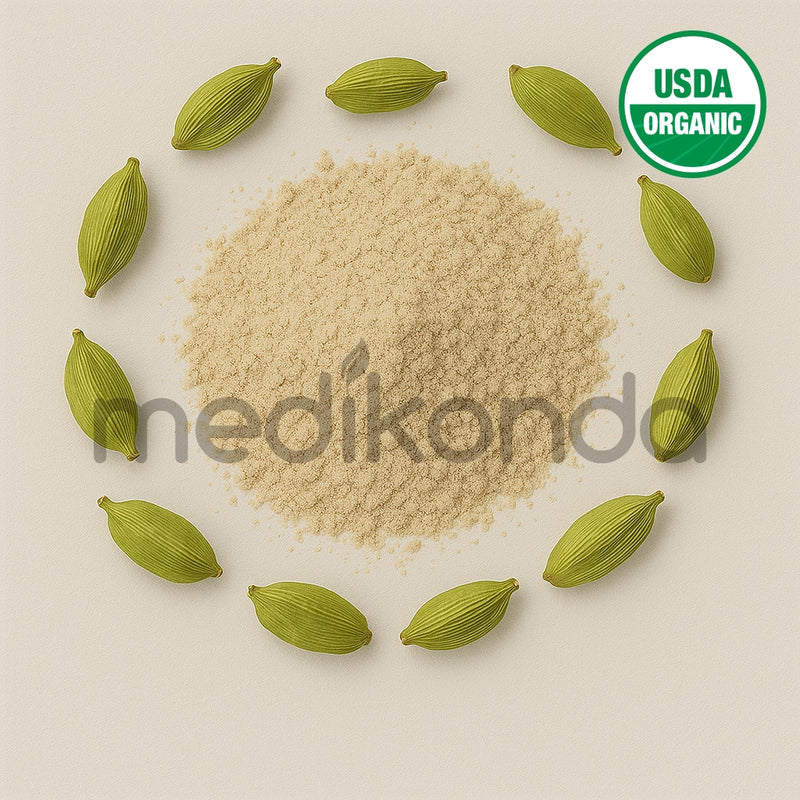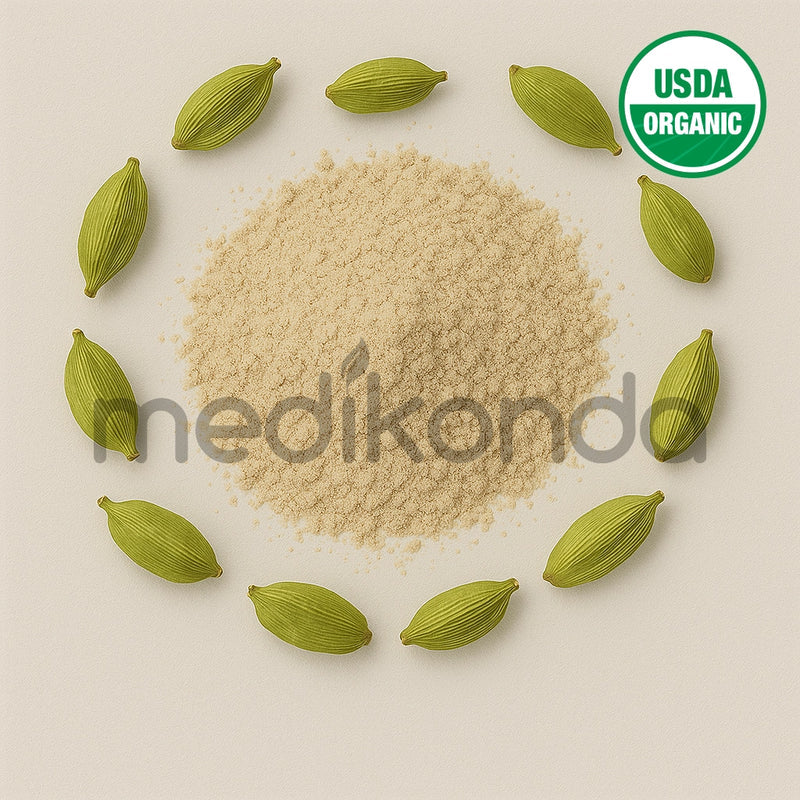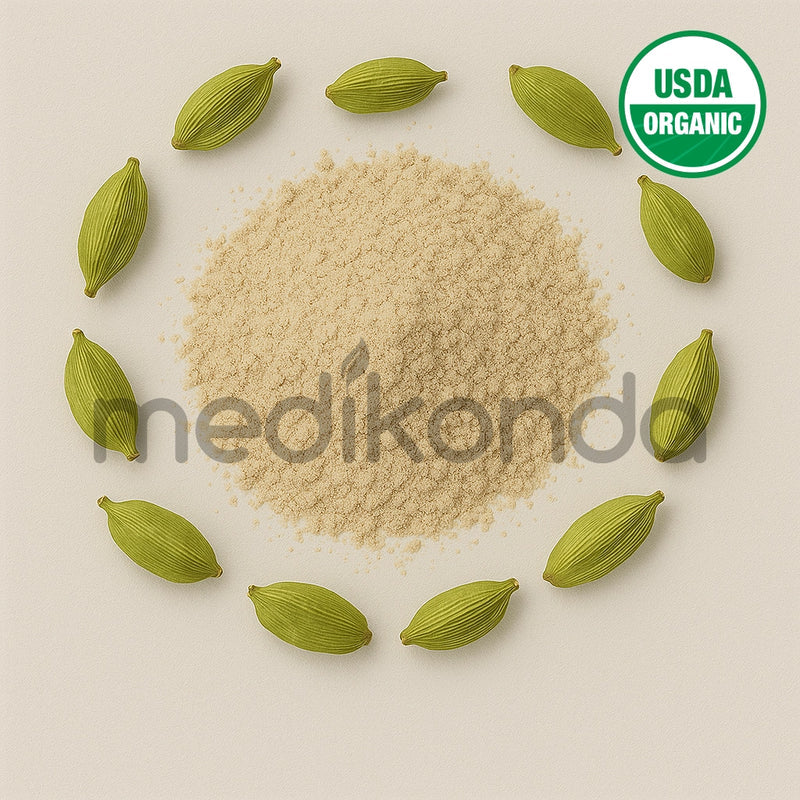Add description, images, menus and links to your mega menu
A column with no settings can be used as a spacer
Link to your collections, sales and even external links
Add up to five columns
Add description, images, menus and links to your mega menu
A column with no settings can be used as a spacer
Link to your collections, sales and even external links
Add up to five columns
LOOKING FOR BULK INGREDIENTS PRICING?
GET INSTANT QUOTEwhat ingredient are you looking for?

Benefits of Vitamin B1 (Thiamine Mononitrate) - Wholesale B2B Bulk Suppliers in Australia and New Zealand
Vitamin B1 (Thiamine Mononitrate): A Crucial Nutrient for Energy & Nerve Health
What is Thiamine Mononitrate?
Thiamine Mononitrate is a synthetic, stable form of Vitamin B1, a water-soluble vitamin that plays a vital role in converting food into energy. It's commonly used in dietary supplements and food fortification because of its longer shelf life and better stability compared to its natural counterparts.
Vitamin B1 is not stored in the body in large amounts, so consistent dietary intake is necessary to maintain normal physiological functions.
The Role of Vitamin B1 in the Body
Vitamin B1 (Thiamine) is converted in the body to thiamine pyrophosphate (TPP), a coenzyme involved in several key processes:
-
Energy metabolism: Helps break down carbohydrates into usable energy (ATP).
-
Nervous system support: Maintains proper nerve function and coordination.
-
Brain health: Facilitates the production of neurotransmitters for cognitive function.
-
Cardiovascular support: Assists in the healthy functioning of the heart and blood vessels.
Health Benefits of Thiamine Mononitrate
1. Improves Energy Levels
Thiamine is vital in the metabolism of glucose, the body's main energy source. Supplementation may support individuals experiencing fatigue or low stamina.
2. Supports Nervous System Function
Vitamin B1 plays a role in the transmission of nerve impulses, helping prevent symptoms such as tingling, numbness, or neuropathy.
3. Boosts Cognitive Function
Thiamine contributes to healthy brain function and may help prevent memory problems and mental fog, especially in older adults.
4. Maintains Cardiovascular Health
By supporting metabolic functions in cardiac cells, Vitamin B1 can promote a healthy heartbeat and circulation.
5. Aids Digestive Health
Thiamine supports the production of hydrochloric acid in the stomach, aiding digestion and nutrient absorption.
Common Causes of Deficiency
Vitamin B1 deficiency can arise due to:
-
Chronic alcohol consumption
-
Poor dietary intake
-
Malabsorption disorders
-
Prolonged illness or surgery
-
Excessive consumption of processed foods
Symptoms of Deficiency
-
Fatigue
-
Irritability
-
Nerve damage (neuropathy)
-
Confusion or memory loss
-
Muscle weakness
-
In severe cases: Beriberi or Wernicke-Korsakoff Syndrome
Food Sources of Thiamine
Natural sources of thiamine include:
-
Whole grains (brown rice, oats)
-
Legumes
-
Sunflower seeds
-
Pork
-
Nuts
-
Fortified cereals and flour
However, cooking and processing can reduce its levels, which is why thiamine mononitrate is often used to fortify bread, pasta, and other staples.
Thiamine Mononitrate Supplements
Supplements containing thiamine mononitrate are widely available and are often included in:
-
Multivitamins
-
B-complex supplements
-
Fortified foods (e.g., breakfast cereals, flour)
Recommended Daily Intake
-
Men: ~1.2 mg/day
-
Women: ~1.1 mg/day
-
Higher doses may be prescribed for therapeutic use under medical supervision.
Safety and Tolerability
Thiamine Mononitrate is generally well tolerated, even at higher doses, since excess is excreted via urine. However, very high doses may cause mild side effects such as stomach upset or allergic reactions in sensitive individuals.
Final Thoughts
Vitamin B1 (Thiamine Mononitrate) is an essential nutrient that supports energy production, brain health, nerve function, and heart performance. Its stable form makes it ideal for fortification and supplementation, ensuring you get the B1 your body needs—even if your diet falls short. Including thiamine-rich foods or supplements in your daily routine can help you maintain peak physical and mental performance throughout life.
For bulk orders and inquiries, visit Medikonda Nutrients - Vitamin B1 (Thiamine Mononitrate)
Medikonda Nutrients is the Largest Manufacturer, B2B Bulk Wholesale Supplier of Vitamin B1 (Thiamine Mononitrate) in Australia and New Zealand.
Also in Medikonda: Health & Wellness
SUBSCRIBE NOW ...
Don't miss to get latest updates on sales, new releases and promotions




